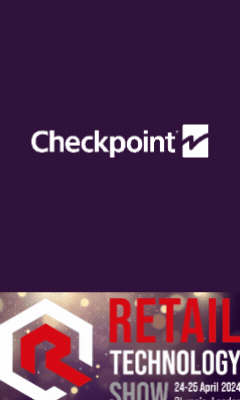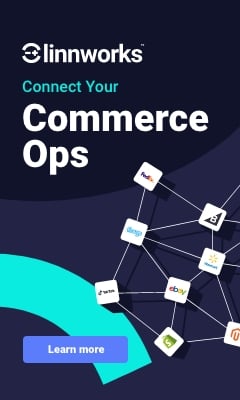Hackenomics is changing both security and the customer experience
Commentary by Matt Sims Teleperformance
Last month I wrote about hackathons and how the technology industry has been exploiting these events to spur business innovation fuelled by long evenings of coffee and pizza. Since then, I have been reading more about the positive use of hacking and there is a considerable amount of strategic advice now being developed in this area.
Some analysts are suggesting that business models focused on information have developed so far that now the data a company holds is more valuable that the actions taken with that data. This is particularly interesting to me because most of the companies I work with are involved in a redesign or improvement of their customer experience (CX). When developing an improved CX it’s clear that the hacking approach can create opportunities by quickly offering new and better solutions, but with all this customer data it’s easy to see the negative consequences of hacking.
Hacking as a strategy can identify useful new innovations, it can also be used to identify security weaknesses, but when the wrong people start approaching the data your company holds, the security threat is clear. Do the benefits of a hacking-style approach outweigh the benefits?
First, I would suggest that it is becoming difficult for most companies to avoid this approach because the best way to identify your own data weakness is to allow white-hat hackers to try attacking your systems. No matter how secure your processes are, it is likely that there is a weak link somewhere and by taking a hack-driven approach, rather than just specifying a security policy, you can take the initiative on trying to keep your customer data secure.
It is also important for companies to be aware just how valuable the information they hold on customers really is for black-market information traders. This awareness can help when justifying the cost of protecting the data. A large loss of customer data can be fatal for organisations that cannot demonstrate how far they went to protect against that situation.
Criminal investigation agencies such as the FBI in the USA are taking information loss and corporate security more seriously than ever before. In 2014 the FBI undertook a large education programme focused on healthcare companies with a view to educating the organisations that the data they hold on customers is around ten times more valuable than credit card details. Fraudsters use the information to file bogus insurance claims and obtain drugs or medical equipment they can sell.
It may seem obvious that information on customers has a value to criminals, but many industries have ignored the danger, assuming it to be a problem for financial services alone. I believe that the world is now operating in a new type of customer environment where this danger is now elevated.
Customers have demanded better, more personalised service in addition to mobile and online services. This has created a need for much more information to be stored than ever before, not only financial details but preferences and history too. It is no surprise that hackers see this rich seam of information as a target.
I believe that in this era of hackenomics it is this agile approach that will not only give us some great new ideas to improve the customer experience, but it will also help us to keep customers – and their data – safe.














